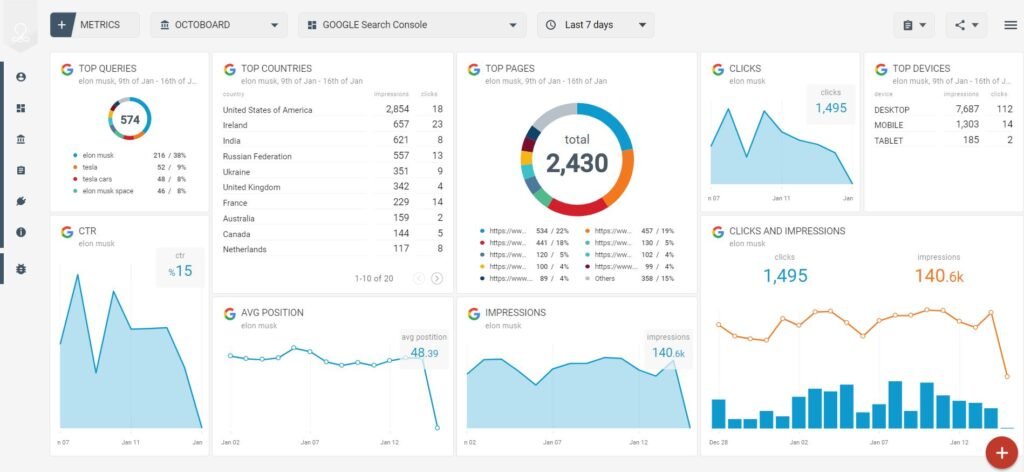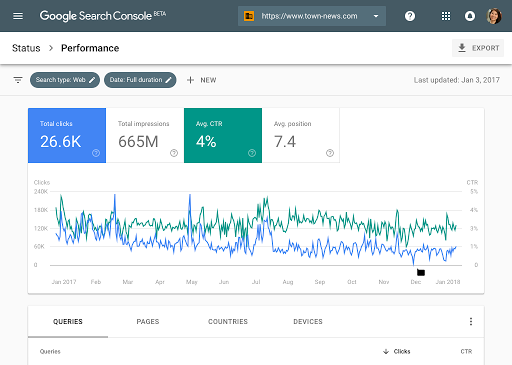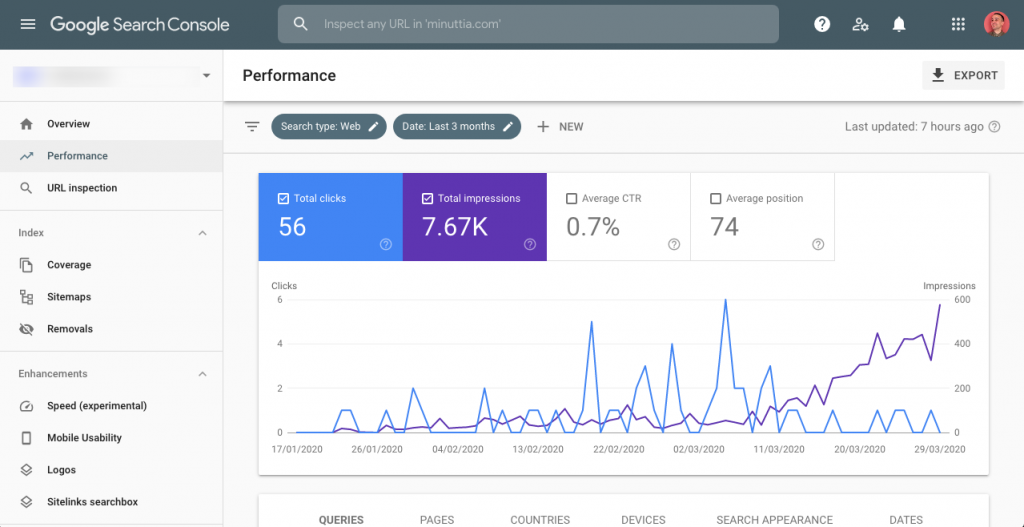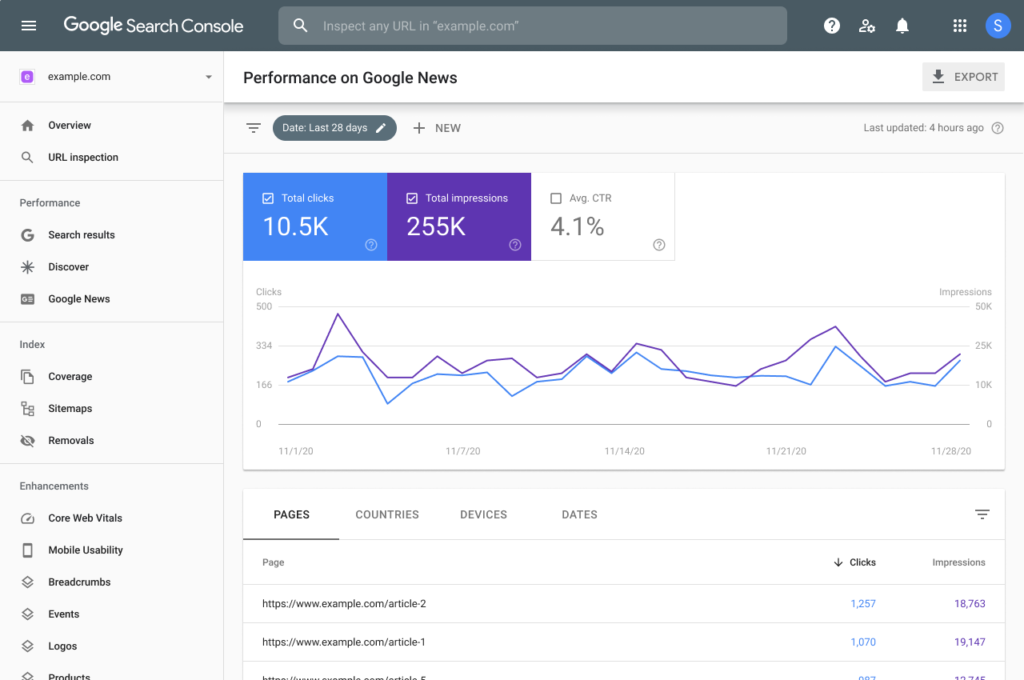In today’s digital era, businesses are increasingly focusing on two critical elements: cybersecurity and SEO. While SEO ensures that your website ranks well on search engines, cybersecurity protects your website, user data, and reputation from online threats. When combined, Cyber Security SEO creates a strong foundation for safe and sustainable growth online.
If you want your website to rank higher while staying secure, this guide covers the top Cyber Security SEO strategies to help you achieve both safety and visibility.
Secure Your Website with HTTPS
One of the first and most important steps in Cyber Security SEO is enabling HTTPS. A secure SSL certificate ensures that data transmitted between your site and visitors is encrypted.
Search engines like Google favor HTTPS-enabled websites, and users are more likely to trust sites that display the padlock symbol in the browser. Not having HTTPS can hurt your rankings and reduce customer confidence.
Quick Tips:
-
Use a trusted SSL provider.
-
Regularly check your certificate’s validity.
-
Redirect HTTP traffic to HTTPS.
Keep Your Website Software Updated
Hackers often exploit outdated plugins, CMS platforms, or themes. Outdated software creates vulnerabilities that not only put your data at risk but also negatively impact your SEO rankings.
Search engines prefer safe websites, and if your site is hacked, it can lead to blacklisting or removal from search results.
Best Practices:
-
Enable automatic updates for plugins and themes.
-
Use security tools like Wordfence or Sucuri for regular scans.
-
Remove unused plugins to reduce attack surfaces.
Improve Website Loading Speed
Website speed affects both SEO performance and cybersecurity. Slow-loading sites can be targeted by malicious bots and can frustrate users, leading to high bounce rates.
How to Optimize Speed:
-
Use a Content Delivery Network (CDN).
-
Compress images and files.
-
Leverage caching plugins.
-
Monitor your speed with tools like Google PageSpeed Insights or GTmetrix.
Use Strong Passwords and Two-Factor Authentication
Weak passwords are a hacker’s best friend. Using strong passwords and two-factor authentication (2FA) is a core Cyber Security SEO practice.
Unauthorized access can compromise your site, leading to malware injections or phishing pages, which can destroy your SEO rankings overnight.
Action Steps:
-
Use a password manager to generate and store strong passwords.
-
Enable 2FA for all admin accounts.
-
Regularly update login credentials.
 Regularly Backup Your Website
Regularly Backup Your Website
A secure backup system is your safety net in case of an attack or accidental data loss. Backups won’t directly improve your SEO, but they ensure you can quickly restore your site without losing valuable content or rankings.
Pro Tips:
-
Automate daily backups.
-
Store backups on secure, off-site servers.
-
Test your backup files regularly to ensure they work.
Monitor for Malware and Spam
Search engines like Google penalize websites infected with malware or spam. Implementing a malware scanner is a key Cyber Security SEO measure to keep your website safe.
Effective Tools:
-
Google Search Console for indexing issues.
-
Sucuri or SiteLock for malware detection.
-
Firewall solutions to block suspicious traffic.
Optimize Website Architecture for Security
Your website structure plays a significant role in both security and SEO. An organized, clean architecture reduces the risk of vulnerabilities and makes it easier for search engines to crawl and index your pages.
Best Practices:
-
Use clear URL structures.
-
Limit user permissions.
-
Regularly audit and remove unnecessary files or directories.
Build Trust with Quality Content
Publishing high-quality, relevant, and secure content not only boosts your SEO but also builds credibility with your audience. When users trust your site, they are more likely to engage, share, and return.
Content Tips:
-
Create original and valuable content.
-
Avoid duplicate content that could harm your rankings.
-
Keep your blog updated with the latest security and SEO trends.
Protect Against DDoS and Brute Force Attacks
A Distributed Denial of Service (DDoS) attack can take your website offline, hurting your SEO rankings and revenue. Similarly, brute force attacks can compromise sensitive data.
Prevention Tips:
-
Use a Web Application Firewall (WAF).
-
Limit login attempts.
-
Monitor traffic spikes for suspicious activity.
Monitor SEO and Security Together
Cybersecurity and SEO should work hand-in-hand. Use integrated tools to monitor both aspects simultaneously.
Recommended Tools:
-
Google Analytics and Search Console for SEO performance.
-
Security plugins like Wordfence or iThemes for vulnerability tracking.
-
SEMrush or Ahrefs for keyword and backlink analysis.
Conclusion
In the modern digital landscape, ignoring either SEO or cybersecurity is no longer an option. A strong Cyber Security SEO strategy not only helps you achieve higher rankings but also keeps your website safe from evolving cyber threats.
By implementing HTTPS, updating your software, improving speed, and maintaining strict security measures, you build a trustworthy online presence that both users and search engines love.








